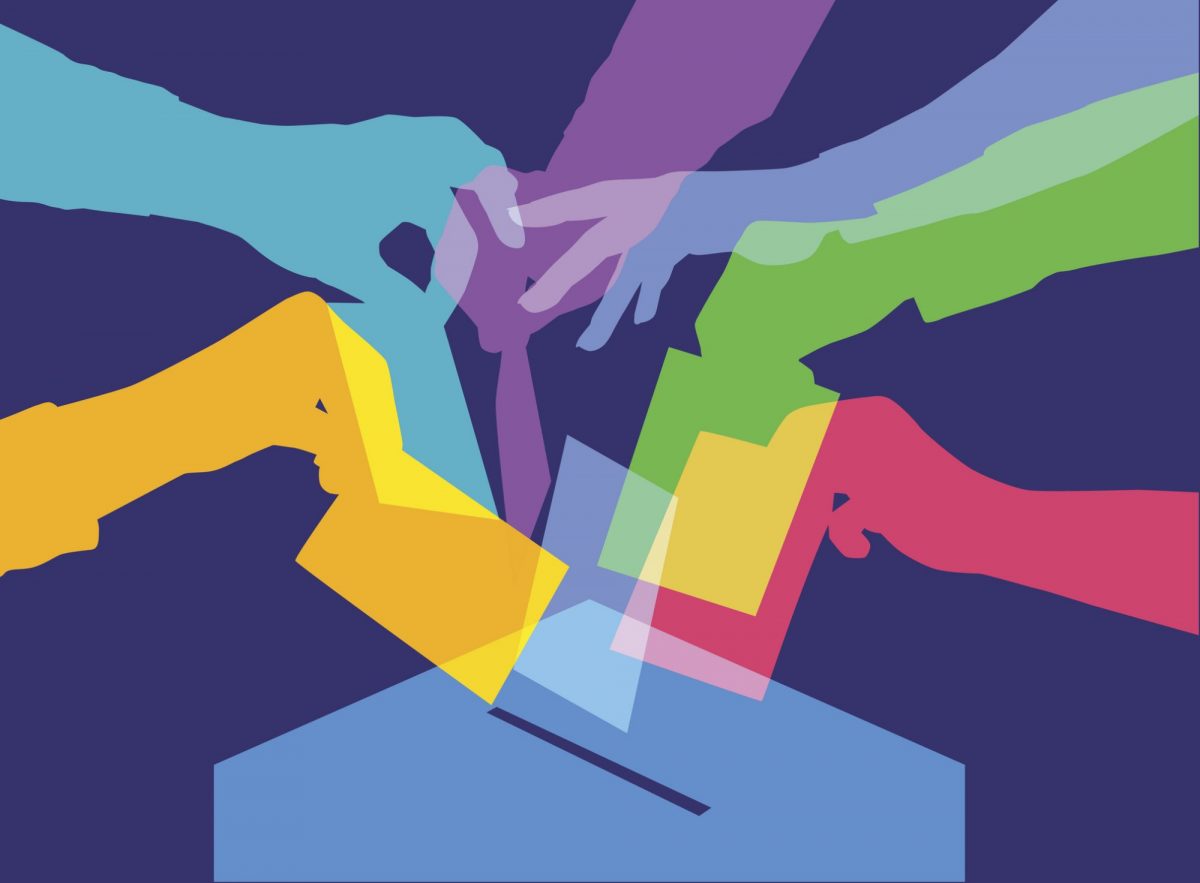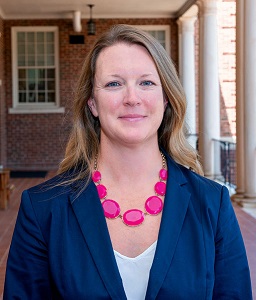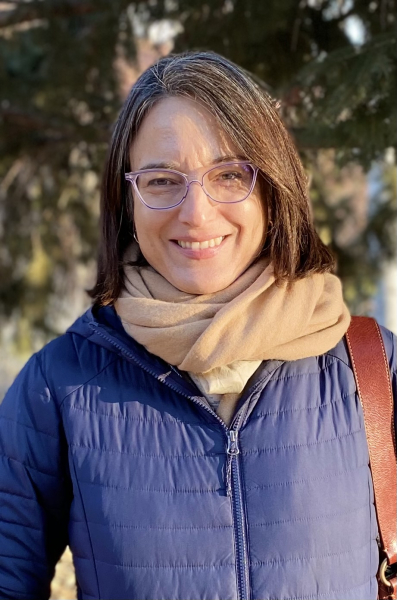
The voice of the people is the beating heart of democracy, and a healthy democracy requires citizens to use their voice —by voting, getting involved in campaigns, communicating with elected officials, acting alone or participating in organizations, and investing their time and money — to influence public outcomes.
Individuals use their political voice to inform public officials of their preferences and needs, but not all voices are heard at the same volume. Exercising the rights of citizenship requires resources and skills which favor the privileged—those with higher incomes, more occupational success, and the highest levels of formal education. The affluent and well educated are consistently overrepresented, resulting in unequal political voice, which violates the democratic ideal of equal consideration of the needs of all citizens.
“Citizens with lower or moderate incomes speak with a whisper that is lost on the ears of inattentive government officials, while the advantaged roar with a clarity and consistency that policy- makers readily hear and routinely follow.”
– American Democracy in An Age of Rising Inequality
Unequal political voice affects the types of messages conveyed to government officials. The privileged do not have the same needs and preferences as the underrepresented, such as escaping poverty, job security, access to education, health care, and housing.
Disparities of income, wealth, and access to opportunity strongly affect political participation, voice, and government responsiveness with particularly striking disparities when comparing across races. These disparities have led to a lack of representation—most evident in rural communities who lack proportionate representation when it comes to local policymaking.

Joining the CSU political science department last August, Assistant Professor Kristin Olofsson’s work in Oklahoma highlights how known disparities across racial and socioeconomic factors are even more pronounced in rural communities.
Olofsson sees these disparities affecting rural representation in a number of different ways. One example is the passage of Proposition 114 in Colorado—the reintroduction of grey wolves into the state. “This was a highly conflictual policy issue that passed by a slim margin, driven by voters in urban areas. Yet, the most likely affected parties are in rural areas. Many feel that this represents a form of ‘urban capture’ of policymaking, which is threatening to democratic functioning through the hallowing out of one group’s representation, especially when that group experiences differential harms from policy outcomes,” says Olofsson.
Olofsson also found that intersectional experiences of health harms driven by exposure to environmental damages, such as for poor Black Americans, are even more pronounced in rural contexts. “This cuts both ways too, as high-income rural Americans are simultaneously less likely to experience diminished health owing to environmental harms exposure than their counterparts in urban areas. This all means that dimensions of rural-urban representation in policymaking are highly complex and not easily addressed,” says Olofsson.
Violent democracies and democratic backsliding

The issue of underrepresented voices persists in democracies around the world. One example is the democratic backsliding occurring in parts of Latin America and the Caribbean which have seen various attacks on electoral management bodies, high levels of inequality, corruption and crime, and weak rule of law.
CSU Professor Marcela Velasco, who specializes in comparative government and politics of Latin America, characterizes Latin American political systems as low-quality democracies where civil and social rights are routinely violated, particularly for Indigenous, Black, and other marginalized groups. “Unfortunately, the region holds the position of being the most unequal and violent in the world. Gross inequality helps entrench unaccountable elites who leverage their power to violate the rights of broad sectors of the population,” says Velasco.
Velasco describes Mexico, Central America’s northern triangle, and Colombia as being caught in a security trap that is eroding democratic governance. “This trap is a result of many factors, key among them the easy access to weapons and the failed U.S.-led war on drugs stemming from prohibitionist policies that have done little to reduce the demand for drugs but a lot to empower cartels and feed corruption. This situation has given rise to what can be characterized as violent democracies,” she says.
Over the past 30 years, Indigenous social movements have revolutionized politics throughout the region, pushing democracy into a multicultural sphere that recognizes both individual and group rights. “This shift has significantly improved the relationship between states and Indigenous peoples. Indigenous authorities have gained unprecedented access to power and political representation, especially at the local level,” says Velasco.
“Being autonomous in their lands have offered governance strategies allowing Indigenous authorities to control their own affairs, improve socioeconomic standards for their populations, and even fend-off violent groups pressuring their lands, resources, and populations,” Velasco continues. Despite these gains, Indigenous communities still face poverty and considerable backlash when rejecting major development projects in their lands.
“In all, the situation is mixed and there are factors that contribute to democratic backsliding, but processes such as the advance of Indigenous autonomy rights are democratizing politics and empowering historically marginalized communities,” says Velasco.
Although democracy has proven to be a flawed political system, at its core it is still the best available system of government when it comes to achieving equality, decreasing conflict, and increasing civic engagement. Recognizing the flaws in our democratic systems and working toward the democratic ideal of equal consideration is a crucial step in equalizing political voice.
